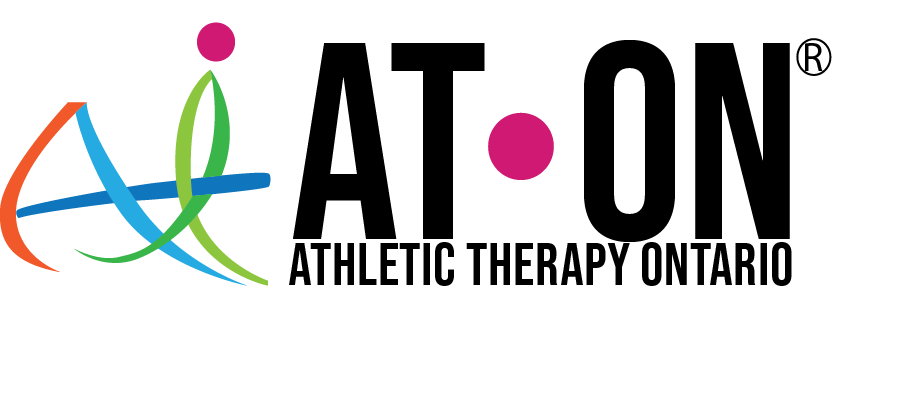 |
ABOUT SUSAN CAMERON Susan is a Certified Athletic Therapist who has dedicated over a decade and a half to the Canadian Athletic Therapists Association’s (CATA) Ethics Committee. For nine of those years she served as the ethics chairperson. Over the past several years, Susan has acted as an ethics consultant and worked in the role of ethics coordinator. Previously, she volunteered for eight years as the insurance billing chairperson for the CATA. Susan came to the OATA during the pandemic and has been an invaluable asset to the organization and to the membership in her recent role as the OATA Organizational Ombudsman. Susan Cameron brings to the Ontario Athletic Therapist Association (OATA) an excellent understanding of association policy and procedures at the national and regional AT organization level, by-laws, fairness and administrative law. She also understands the AT culture and the quest for 24/7 professionalism. |
What is an Ethics & Integrity Commissioner? The OATA Ethics & Integrity Commissioner is completely independent of the OATA Board of Directors and works to reconcile private interests and public duties to encourage a culture of integrity among Ontario’s Certified Athletic Therapists (ATs) and those they treat. Why do Member-Based Organizations have a Professional Conduct and Ethics complaint process? Within health care, ethical professional conduct is essential to the universal medical practitioner commitment to serve the public interest and reduce the risk of harm to patients. Within sport medicine, ethical conduct and the commitment to follow the global safe sport code of conduct are mandatory. The OATA Professional Code of Conduct for practising ATs is aligned with the Code established to become a Certified Athletic Therapist, with peer health care professions and with the Safe Sport Code. The Ethics & Integrity Commissioner provides an independent and fair complaint process for both the public and for practitioners. A misconduct process is considered by some as a hallmark of an ethical profession and its professional organization being aligned with the latest requirements for enhanced professional conduct 24/7. OATA Members will be aware of the enhanced ethics and conduct requirements of the RHPA regulatory colleges as well. Who is the OATA Ethics & Integrity Commissioner? The OATA has a long-standing ethics and professional conduct process, embedded in its By-Laws, but the first OATA Ethics & Integrity Commissioner is Susan Cameron. Members will know Susan as the former CATA Ethics Chair and the recent OATA Ombudsman. What is the ethics and professional conduct complaint process? The Commissioner provides oversight to two sub-committees: Investigations and Discipline. The goal of both is to receive and investigate complaints, provide guidance and support and, where necessary, discipline members to ensure all are capable of making appropriate ethical decisions that are in the best interests of patients as an essential aspect of professional practice. The OATA website has a fillable complaints form for the public and for practitioners. Upon receipt, the Commissioner reviews and sends the complaint first to Investigations that determines if the matter needs to be sent to Discipline. The member will be informed of the complaint and be allowed to participate in the review process and have the opportunity to defend themselves. The Board will be charged with implementing whatever the Discipline Committee determines should be the appropriate response. The results of the process will be made public on the OATA website. Is there an appeal process? Yes, there is an appeal process. | How to contact the OATA Ethics & Integrity Commissioner? Please fill the form below, including your name, last name and a short summary of your complaint. |







